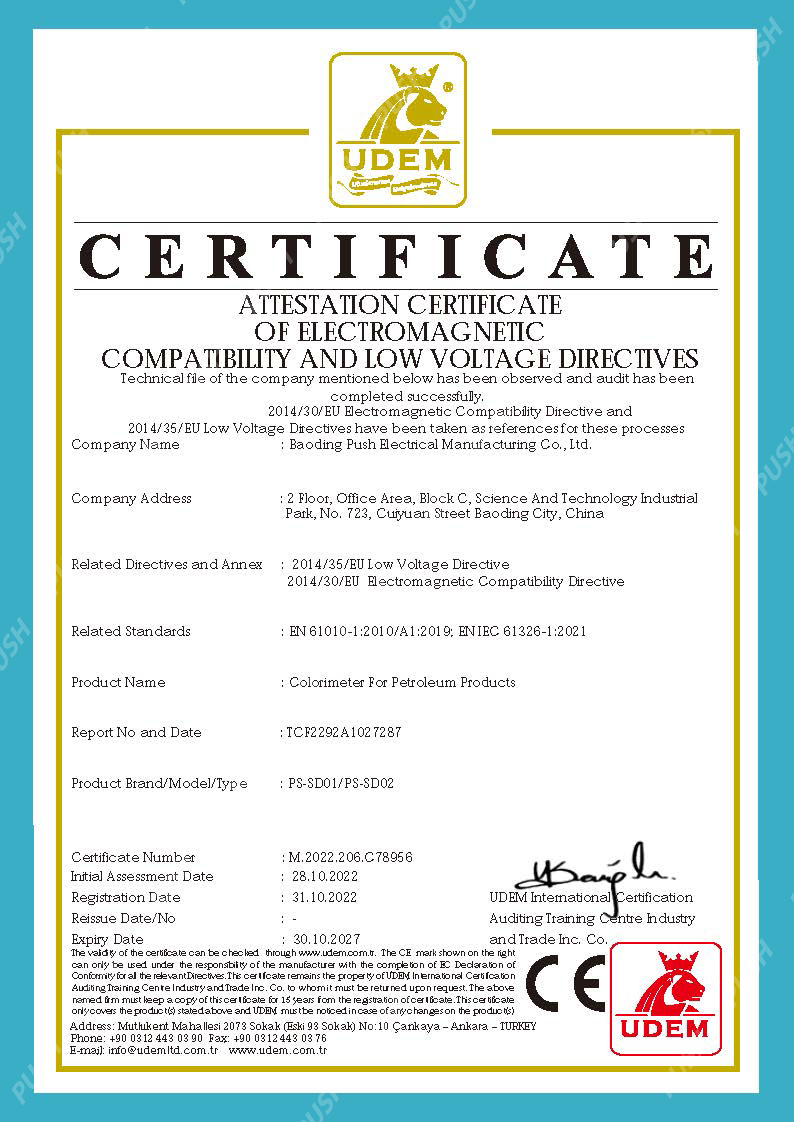 English
English



-
 Afrikaans
Afrikaans -
 Albanian
Albanian -
 Amharic
Amharic -
 Arabic
Arabic -
 Armenian
Armenian -
 Azerbaijani
Azerbaijani -
 Basque
Basque -
 Belarusian
Belarusian -
 Bengali
Bengali -
 Bosnian
Bosnian -
 Bulgarian
Bulgarian -
 Catalan
Catalan -
 Cebuano
Cebuano -
 China
China -
 China (Taiwan)
China (Taiwan) -
 Corsican
Corsican -
 Croatian
Croatian -
 Czech
Czech -
 Danish
Danish -
 Dutch
Dutch -
 English
English -
 Esperanto
Esperanto -
 Estonian
Estonian -
 Finnish
Finnish -
 French
French -
 Frisian
Frisian -
 Galician
Galician -
 Georgian
Georgian -
 German
German -
 Greek
Greek -
 Gujarati
Gujarati -
 Haitian Creole
Haitian Creole -
 hausa
hausa -
 hawaiian
hawaiian -
 Hebrew
Hebrew -
 Hindi
Hindi -
 Miao
Miao -
 Hungarian
Hungarian -
 Icelandic
Icelandic -
 igbo
igbo -
 Indonesian
Indonesian -
 irish
irish -
 Italian
Italian -
 Japanese
Japanese -
 Javanese
Javanese -
 Kannada
Kannada -
 kazakh
kazakh -
 Khmer
Khmer -
 Rwandese
Rwandese -
 Korean
Korean -
 Kurdish
Kurdish -
 Kyrgyz
Kyrgyz -
 Lao
Lao -
 Latin
Latin -
 Latvian
Latvian -
 Lithuanian
Lithuanian -
 Luxembourgish
Luxembourgish -
 Macedonian
Macedonian -
 Malgashi
Malgashi -
 Malay
Malay -
 Malayalam
Malayalam -
 Maltese
Maltese -
 Maori
Maori -
 Marathi
Marathi -
 Mongolian
Mongolian -
 Myanmar
Myanmar -
 Nepali
Nepali -
 Norwegian
Norwegian -
 Norwegian
Norwegian -
 Occitan
Occitan -
 Pashto
Pashto -
 Persian
Persian -
 Polish
Polish -
 Portuguese
Portuguese -
 Punjabi
Punjabi -
 Romanian
Romanian -
 Russian
Russian -
 Samoan
Samoan -
 Scottish Gaelic
Scottish Gaelic -
 Serbian
Serbian -
 Sesotho
Sesotho -
 Shona
Shona -
 Sindhi
Sindhi -
 Sinhala
Sinhala -
 Slovak
Slovak -
 Slovenian
Slovenian -
 Somali
Somali -
 Spanish
Spanish -
 Sundanese
Sundanese -
 Swahili
Swahili -
 Swedish
Swedish -
 Tagalog
Tagalog -
 Tajik
Tajik -
 Tamil
Tamil -
 Tatar
Tatar -
 Telugu
Telugu -
 Thai
Thai -
 Turkish
Turkish -
 Turkmen
Turkmen -
 Ukrainian
Ukrainian -
 Urdu
Urdu -
 Uighur
Uighur -
 Uzbek
Uzbek -
 Vietnamese
Vietnamese -
 Welsh
Welsh -
 Bantu
Bantu -
 Yiddish
Yiddish -
 Yoruba
Yoruba -
 Zulu
Zulu
the dielectric strength of transformer oil
The Dielectric Strength of Transformer Oil Importance and Implications
Transformer oil, also known as insulating oil, is a critical component in electrical transformers and other high voltage electrical equipment. Its primary purpose is to provide insulation and cooling for the transformer while simultaneously allowing for the safe operation of the equipment. One of the most important properties of transformer oil is its dielectric strength, which directly affects the reliability and safety of electrical systems.
Understanding Dielectric Strength
Dielectric strength is defined as the maximum electric field that a material can withstand without breakdown, leading to electrical conduction. For transformer oil, this property is measured in kilovolts per millimeter (kV/mm). A higher dielectric strength indicates that the oil can withstand higher voltage applications without losing its insulating properties. This characteristic is crucial for ensuring that transformers operate efficiently and safely, especially under high-voltage conditions.
Factors Affecting Dielectric Strength
Several factors can influence the dielectric strength of transformer oil. One of the most significant factors is the presence of impurities. Contaminants such as water, particulate matter, and other foreign substances can drastically reduce the dielectric strength. For instance, water contamination is particularly detrimental, as even a small amount of moisture can reduce the dielectric strength significantly.
Another important factor is temperature. Generally, as the temperature of transformer oil increases, its dielectric strength decreases. This is due to the thermal agitation of molecules, which can promote ionization and weaken the insulating capabilities of the oil. Regular monitoring of temperature and condition of the oil is, therefore, essential.
the dielectric strength of transformer oil

Aging is another critical factor affecting the dielectric strength of transformer oil. Over time, the oil undergoes chemical changes, which can result in the formation of by-products that can impair its insulating properties. Therefore, regular testing and maintenance of transformer oil are necessary to ensure that it remains effective throughout its service life.
Importance of Maintaining High Dielectric Strength
The implications of maintaining high dielectric strength in transformer oil are profound. A breakdown in insulation can lead to electrical arcs, transformer failures, and even catastrophic incidents. These failures can result in costly downtime, extensive repairs, and significant financial losses. Moreover, such failures can pose safety risks to personnel and equipment, emphasizing the importance of monitoring the condition of transformer oil.
Regular testing for dielectric strength is essential to prevent such outcomes. Tests typically involve subjecting samples of transformer oil to electric fields until breakdown occurs, allowing operators to assess the oil's performance. Organizations often adhere to industry standards, such as those set by ASTM and IEC, to ensure that the dielectric strength meets the required benchmarks for safe operation.
Conclusion
In conclusion, the dielectric strength of transformer oil is a vital parameter that directly affects the efficiency and safety of electrical transformers. Understanding the factors that influence this property, such as impurities, temperature, and aging, is crucial for effective maintenance and operation. By regularly monitoring the dielectric strength and ensuring the quality of transformer oil, utilities and operators can significantly enhance the reliability of their electrical systems, reduce the risk of failures, and ensure the overall safety of their operations. As the demand for electricity continues to grow, maintaining high standards for transformer oil will remain a fundamental aspect of electrical engineering and infrastructure management.
-
Ensuring SF₆ Gas Safety: Introducing PUSH’s Integrated SF₆ Analyzer for Dew Point, Purity, and Decomposition MonitoringNewsJul.10,2025
-
Exploring the Main Types of Industrial Endoscopes and Their Applications Across IndustriesNewsJul.04,2025
-
Testing Equipment Industry Sees Major Advancements in 2025: Smart & Precision Technologies Lead the WayNewsJun.06,2025
-
Applications of Direct Current Generators in Renewable Energy SystemsNewsJun.05,2025
-
Hipot Tester Calibration and Accuracy GuidelinesNewsJun.05,2025
-
Digital Circuit Breaker Analyzer Features and BenefitsNewsJun.05,2025



